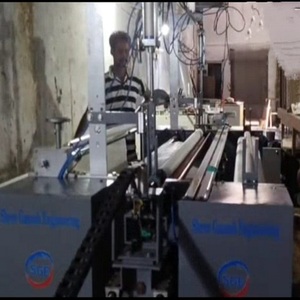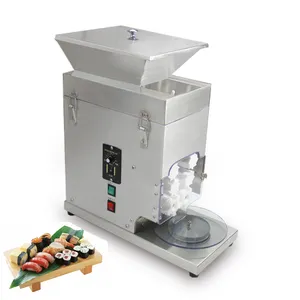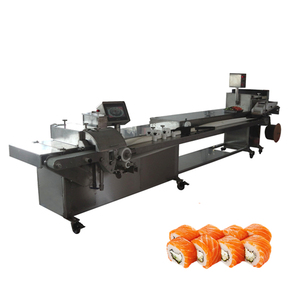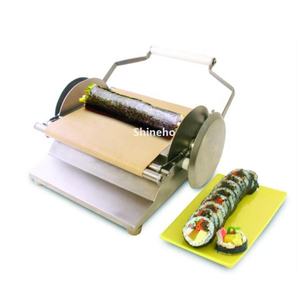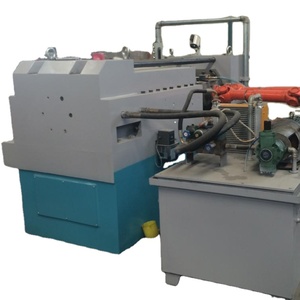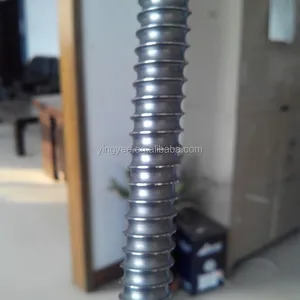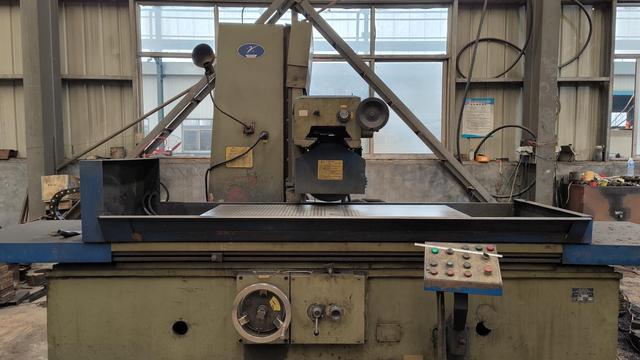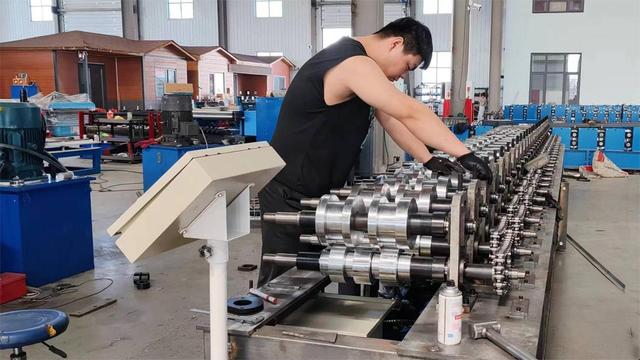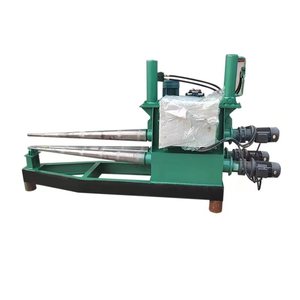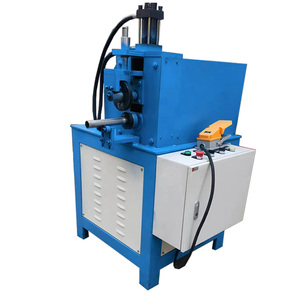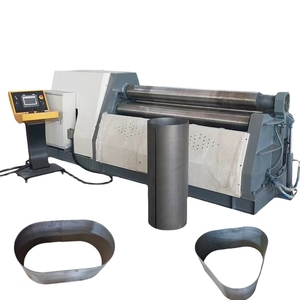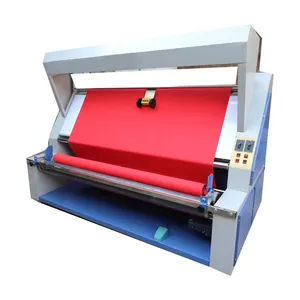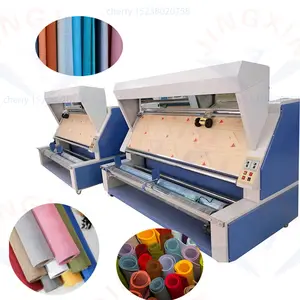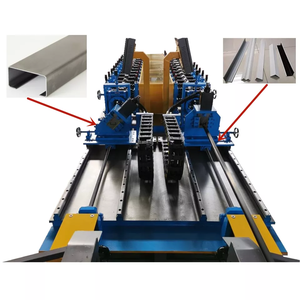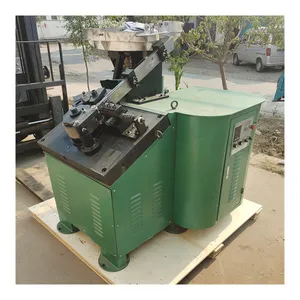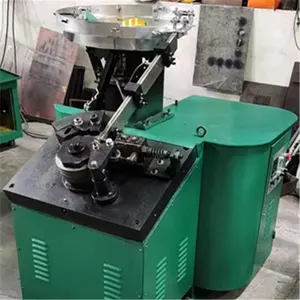Fully Automatic Saree Rolling Machine



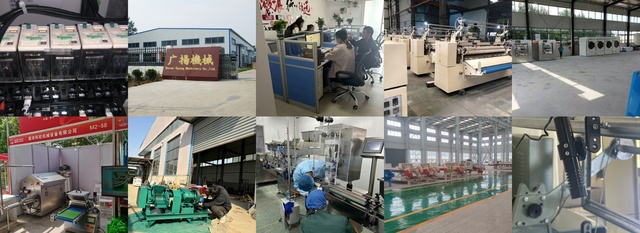














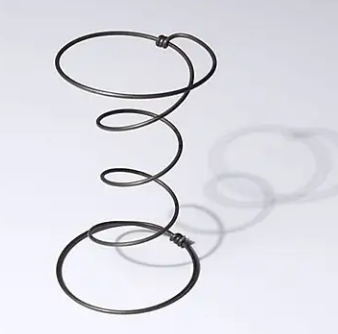










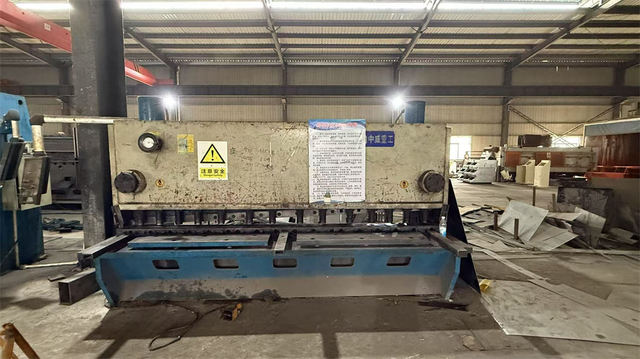



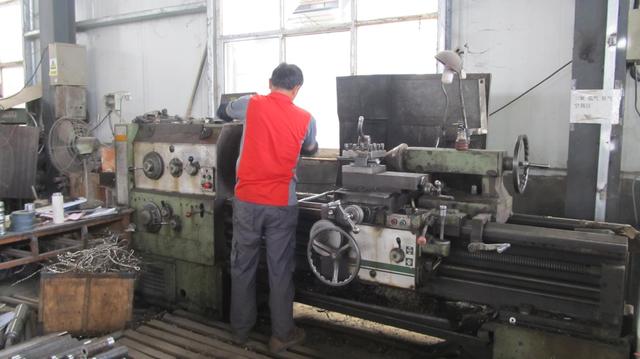








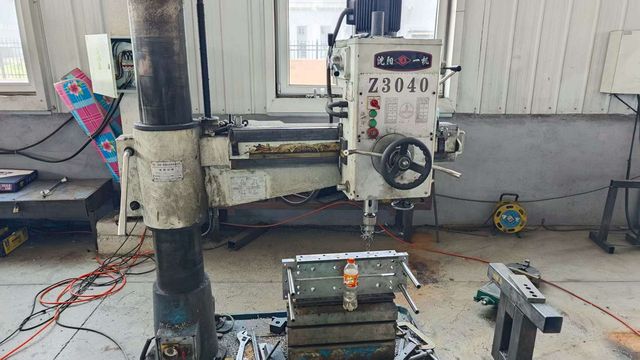











About fully automatic saree rolling machine
Where to Find Fully Automatic Saree Rolling Machine Suppliers?
China remains the central hub for textile machinery manufacturing, with specialized clusters in Henan and Hebei provinces emerging as key production zones for fully automatic saree rolling machines. These regions host vertically integrated supply chains that support rapid prototyping and scalable manufacturing. Henan’s engineering ecosystem benefits from proximity to major logistics corridors, enabling efficient export operations across Southeast Asia, the Middle East, and Europe. Hebei's Tangshan district specializes in precision metalworking, providing robust mechanical frameworks essential for high-speed fabric handling systems.
The industrial clusters offer cost efficiencies through localized sourcing of motors, rollers, control panels, and structural components—reducing material procurement cycles by up to 40%. Manufacturers leverage standardized modular designs while maintaining flexibility for automation integration, such as programmable logic controllers (PLCs) and touch-screen interfaces. Buyers gain access to facilities capable of producing 50–200 units per month, depending on configuration complexity, with average lead times ranging from 25 to 40 days for standard orders. This regional specialization supports both bulk procurement and OEM customization with minimal setup delays.
How to Choose Fully Automatic Saree Rolling Machine Suppliers?
Selecting a reliable supplier requires rigorous evaluation across technical, operational, and transactional dimensions:
Technical Compliance & Design Capability
Verify adherence to international electrical safety standards (IEC 60204-1) and electromagnetic compatibility (EMC) directives where applicable. While formal certifications like CE or ISO 9001 are not universally declared in available data, prioritize suppliers who provide detailed machine specifications including motor power (typically 1.5–3 kW), rolling speed (up to 60 m/min), and tension control mechanisms. Request CAD drawings or operational videos to confirm build quality and automation features such as auto-cutting, edge alignment, and roll diameter detection.
Production Capacity and Specialization
Assess core business focus using product listing diversity:
- Suppliers with >75 listings in textile finishing or fabric handling equipment indicate domain expertise
- Dedicated R&D capacity can be inferred from consistent model variations (e.g., press force options: 1-ton vs. hydraulic systems)
- In-house fabrication capabilities reduce dependency on third parties, improving consistency and service response
Cross-reference response time metrics (target ≤4 hours) and on-time delivery rates (ideal ≥95%) as proxies for operational reliability. Shorter response windows often correlate with active customer support infrastructure.
Transaction Safeguards and Quality Assurance
Utilize secure payment terms tied to inspection milestones. Where available, engage third-party inspection services prior to shipment to verify functionality, material thickness, and weld integrity. Evaluate reorder rates as an indicator of post-sale satisfaction—suppliers with repeat buyer ratios above 15% demonstrate stronger product performance and service follow-through. Conduct sample testing to assess fabric slippage, roller surface finish, and noise levels under continuous operation.
What Are the Best Fully Automatic Saree Rolling Machine Suppliers?
| Company Name | Main Products | Price Range (USD) | Min. Order | On-Time Delivery | Avg. Response | Online Revenue | Reorder Rate | Customization |
|---|---|---|---|---|---|---|---|---|
| SHREE GANESH ENGINEERING | Textile Finishing Machines (77) | $2,922–$3,156 | 1 piece | - | ≤11h | - | - | Limited |
| Henan Gyang Machinery Co., Ltd. | Sewing Machines (370) | $500–$880 | 1 set | 100% | ≤3h | US $110,000+ | <15% | Yes |
| Shanghai Shineho Equipment Co., Ltd. | Other Snack Machines (925) | $600–$10,000 | 1 set/piece | 88% | ≤7h | US $40,000+ | <15% | Limited |
| Tangshan Fengrun District Runhao Rolling Machinery Co., Ltd. | Rolling Mills (987) | $1,600–$30,000 | 1 set | 100% | ≤4h | - | - | Yes |
| Shijiazhuang Yingyee Machinery Co., Ltd. | Metal Forming Equipment | $6,000–$66,000 | 1 set | 100% | ≤2h | US $2,500,000+ | 100% | Extensive |
Performance Analysis
Shijiazhuang Yingyee stands out with a 100% reorder rate and extensive customization options, indicating strong client retention and engineering adaptability despite higher price points. Henan Gyang offers competitive pricing and fast response times, suitable for entry-level automation needs. Tangshan-based Runhao demonstrates industrial-grade capability, drawing from metal rolling expertise to deliver durable frames and consistent tension systems. SHREE GANESH ENGINEERING provides mid-range solutions with stable pricing but limited transparency in delivery performance. Shanghai Shineho, though listed, primarily serves food processing sectors, suggesting potential misalignment in core competency despite product tagging.
FAQs
How to verify fully automatic saree rolling machine supplier reliability?
Validate technical documentation, including motor specifications, control system brands (e.g., Delta, Siemens), and frame construction (stainless steel vs. mild steel). Request video demonstrations of live operation and inspect customer reviews focusing on after-sales service and fault resolution timelines. Cross-check claimed revenue and delivery metrics against platform-verified transaction histories.
What is the typical MOQ and lead time?
Most suppliers accept single-unit orders (MOQ: 1 set or piece), facilitating pilot testing. Standard lead times range from 25 to 40 days post-payment confirmation. Expedited builds may be possible within 15–20 days for simplified models, subject to factory workload.
Can these machines handle different saree fabrics?
Yes, but compatibility depends on adjustable parameters such as roller pressure, speed settings, and guiding mechanisms. Confirm whether the machine supports delicate materials (e.g., silk, chiffon) versus heavier blends. Some advanced models include ultrasonic cutting and anti-static brushes for premium textiles.
Do suppliers offer customization?
Leading manufacturers like Shijiazhuang Yingyee provide full customization—including voltage (220V/380V), roller width (up to 120 cm), PLC interface language, and integration with labeling systems. Provide technical drawings or use case details to receive accurate quotes and feasibility assessments.
Are spare parts and technical support available post-purchase?
Availability varies. Top-tier suppliers typically offer one-year warranties and supply critical spares (belts, sensors, drive modules). Inquire about remote troubleshooting, manual availability in local languages, and technician training options before finalizing contracts.




